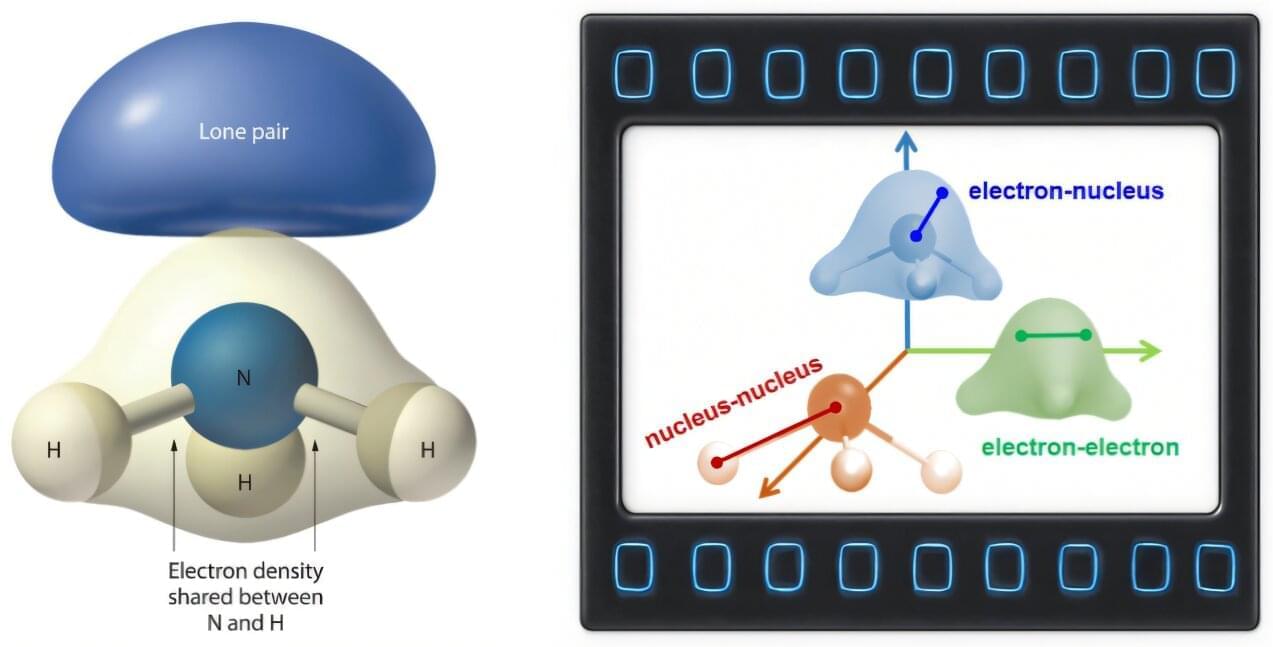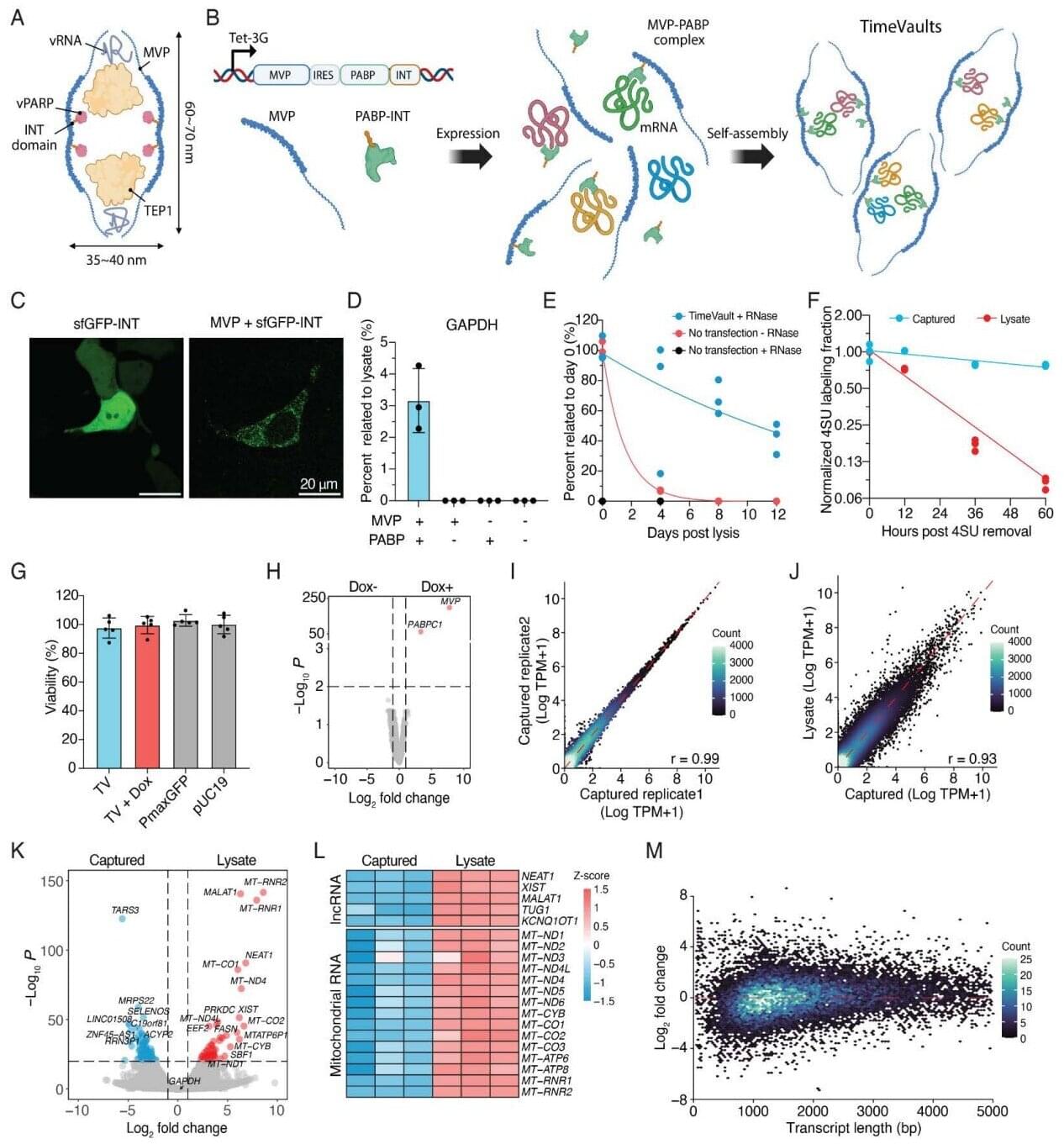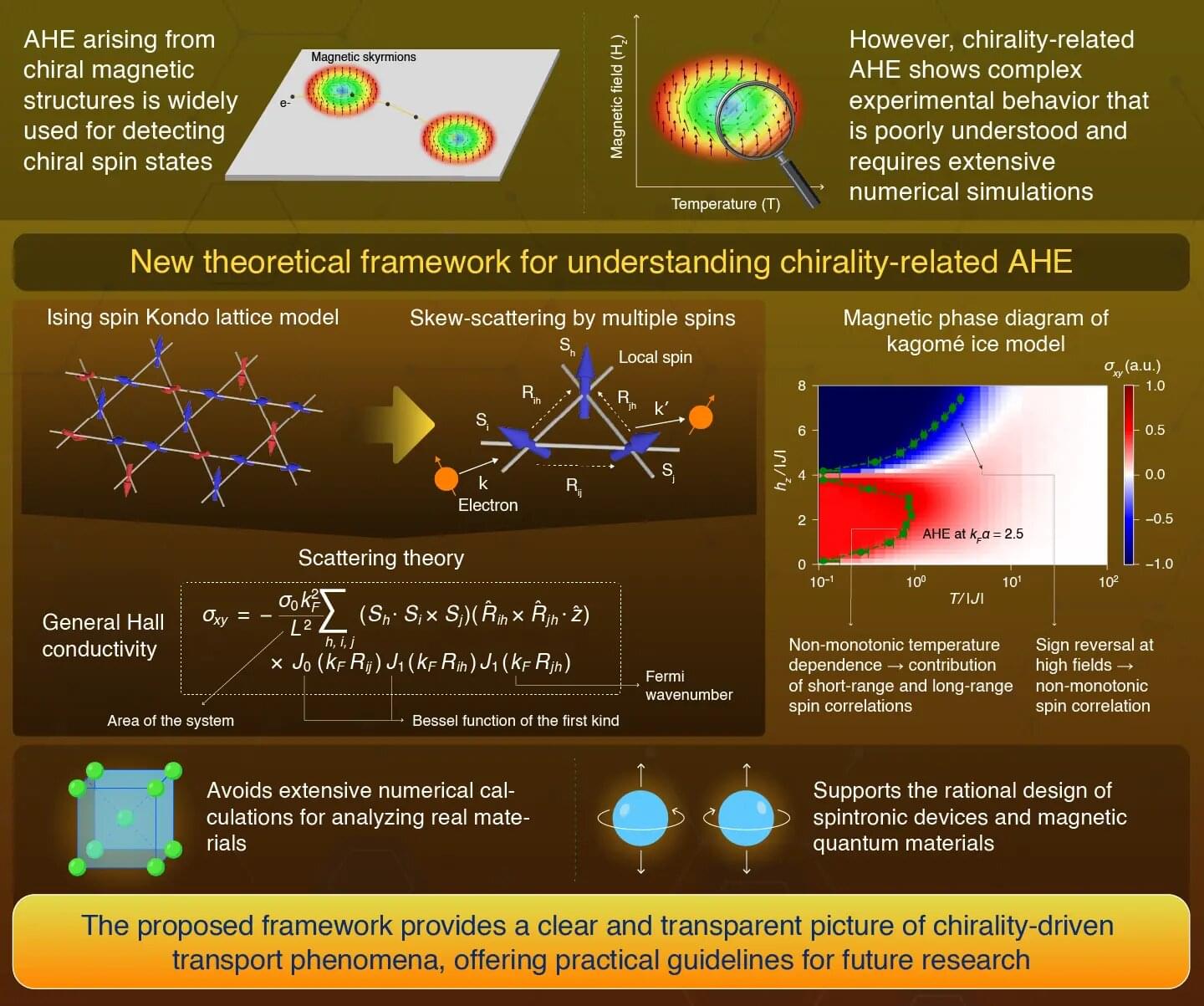EV‐encapsulated mtDNA activates immune cells after cardiac arrest, revealing new targets to modulate post-resuscitation inflammation. @UBuffalo @Jacobs_Med_UB
BackgroundPostcardiac arrest syndrome is characterized by systemic inflammation that contributes to poor outcomes after resuscitation from sudden cardiac arrest. Mitochondrial DNA (mtDNA) has been implicated as a proinflammatory stimulus in other contexts, but its role in postcardiac arrest syndrome is unclear. We determined if postcardiac arrest syndrome is characterized by a rise in circulating mtDNA, how mtDNA activates immune cells, and if targeting mtDNA‐sensing pathways attenuates leukocyte activation.









